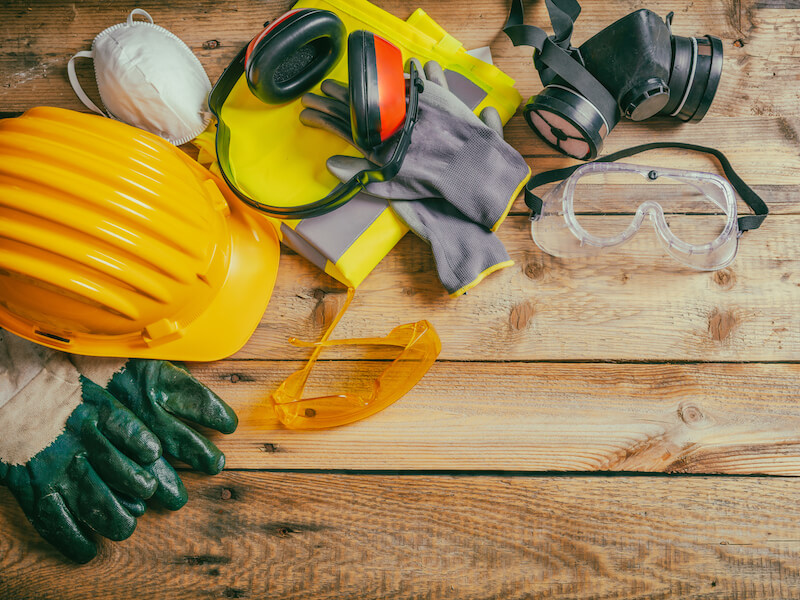
Each year, about 2 million workplace injuries are reported. When you think about on-the-job injuries, you may think of flying projectiles or a hand caught in a piece of machinery at a factory.
But the most prevalent workplace injury is much more pernicious and often goes unreported. Over several years, it will sneak up slowly on people. The injury goes unnoticed until the effects become impossible to disregard. People often make excuses. “It’s just part of the aging process” or “It’s a short-term problem”. This response is normal.
And it’s unusual for people to even realize that their workplace is responsible for this injury.
The insidious injury is hearing damage. There are several warning signs you should identify, and there are important steps you need to take if you suspect the damage is already done.
How Loud is Too Loud?
Your hearing can be irreversibly damaged with prolonged exposure to as little as 85 decibels (dB) over a long period. For reference, a vacuum cleaner runs at around 75 decibels dB. A lawnmower produces 85 dB. If you’re exposed to a leaf blower or a chainsaw you’re experiencing 100 dB. And the volume of a gunshot comes in at 140 dB.
How noisy is your workplace? Is the most common workplace injury a problem for you? Over time, your hearing is likely to be damaged if you’re regularly exposed to sound as loud as a lawnmower, even if it’s not constant.
Hearing Injury Signs
You’re absolutely harming your hearing if you work in a loud environment without hearing protection.
What follows is are early warning signs that you’re dealing with hearing loss:
- People are always complaining about the loud volume of your media devices.
- Conversations sound muffled.
- When people speak, you tend disengage.
- You can’t understand the person speaking if there’s background noise.
- You think people speaking to you are constantly mumbling.
- You frequently ask people to repeat themselves when they talk.
- consonants get confused – “Todd” sounds like “Dodd,” for instance.
- You experience pain when you hear loud noises.
- You’re hearing noises in your ears like ringing, hissing, or whistling.
What Are Employers Doing to Reduce Hearing Damage?
In settings that are extremely loud, technology is being used by businesses or organizations to reduce workplace noise. Government agencies are working to update guidelines that will reduce workplace noise and protect employees.
Employees are speaking out as they become mindful of the chronic damage that workplace noise is causing. Further change will come as their voices are heard.
Preventing Additional Damage
Safeguarding your ears before they become damaged is the best plan if you work in a loud setting. Potential damage will be reduced by wearing protective earplugs or earmuffs.
If you think your hearing has been injured by a noisy workplace, schedule a hearing test as soon as possible. You will learn how to counter additional damage when you find out how much hearing damage you’re dealing with. We can help you formulate strategies to prevent additional hearing loss and address the damage you’ve already experienced.

